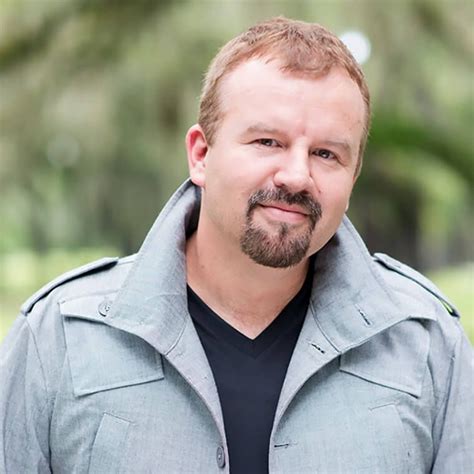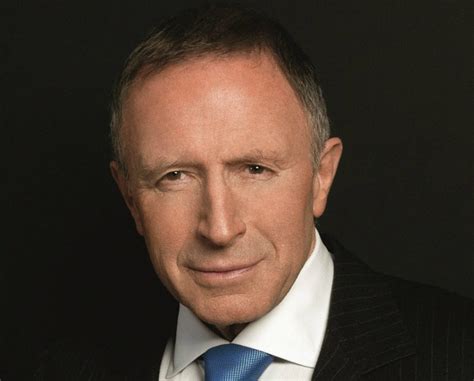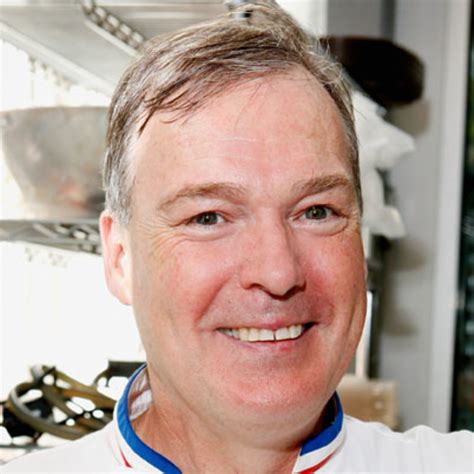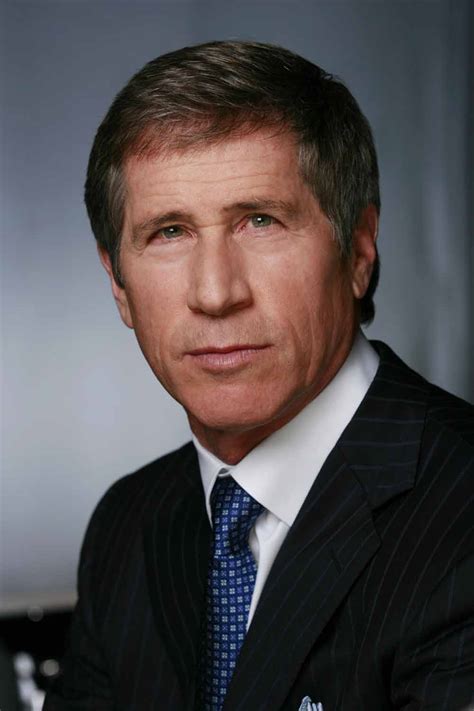A Quote by Peter Fenton
If you don't have the best product, you're not going to make it in open-source.
Related Quotes
If an open source product gets good enough, we'll simply take it. So the great thing about open source is nobody owns it - a company like Oracle is free to take it for nothing, include it in our products and charge for support, and that's what we'll do. So it is not disruptive at all - you have to find places to add value. Once open source gets good enough, competing with it would be insane. We don't have to fight open source, we have to exploit open source.
The Open Source theorem says that if you give away source code, innovation will occur. Certainly, Unix was done this way... However, the corollary states that the innovation will occur elsewhere. No matter how many people you hire. So the only way to get close to the state of the art is to give the people who are going to be doing the innovative things the means to do it. That's why we had built-in source code with Unix. Open source is tapping the energy that's out there.
If the DHS insists, as bureaucracies are apt to do, that open-source must be certified via a sanctioned, formal process, it will interfere with the informal process of open-source itself. It seems to me the DHS is trying to turn an open-source development project into a Microsoft (or IBM or Oracle) software development project. And we know what that means: more, not fewer, errors -- security and otherwise.
My chocolate is special because it's real. My pistachios are from Italy, and the almonds are from Spain. We make our own marzipan. If I sell a product that says 'raspberry,' it's real raspberry. My plan was to make the best product possible and be the least expensive of the best chocolate makers. That's still our position.
We weren’t trying to strike it rich with Firefox. It’s open source and it’s free. We weren’t trying to take over the world; we had kind of modest goals, and it was OK if it failed. We were a lot freer to make risky decisions. If you can afford to do things that way, it’s just so much better. You’re not thinking about venture capitalists or marketing or sales. Just product and users, all day every day.



































